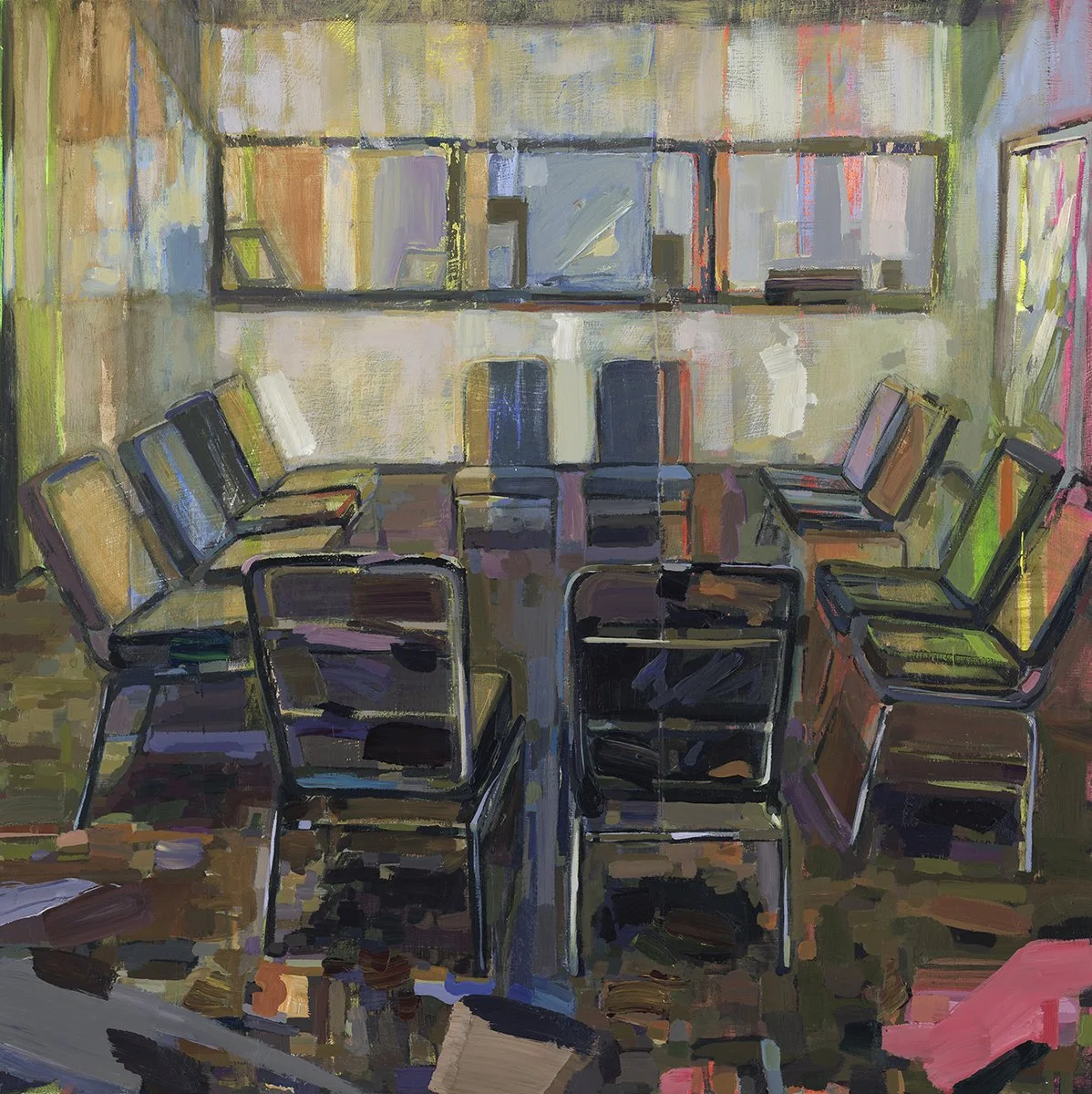Borderline Miraculous Limited Edition Print



Borderline Miraculous Limited Edition Print
Borderline Miraculous limited-edition, signed and numbered prints by Jennifer Drinkwater.
Edition of 25. Each piece is printed on high-quality Hahnemuhle photo rag paper measuring 16" H x 16" W that includes a 2" white border suitable for matting and framing. Please allow two weeks for shipping and handling.
Please note: print does not come matted or framed.
Twenty percent of profit supports the Emmett Till Interpretive Center, an organization that exists “to tell the story of Emmett Till in a way that moves people forward. We use art and storytelling to help process past pains and imagine new possibilities for the future.” Learn more at https://www.emmett-till.org/.
The community conversation that inspired Borderline Miraculous…
In late 2019, I interviewed Benjamin Saulsberry, the Public Engagement and Museum Education Director of the Emmett Till Interpretive Center (ETIC), and this conversation, and the work of the Center, inspired this series of paintings for The What’s Good Project.
In 1994, Mr. Jerome G. Little (1952-2011), one of the Magnificent Seven, and Mr. Bobby Banks were the first Black Americans elected to the Tallahatchie County Board of Supervisors. (The Magnificent Seven was a group of seven Black men who, beginning in 1977, fought Tallahatchie County for fair political representation and for basic rights for the black community, including access to clean water, housing, and equal opportunities for employment and education.) In 2006, Mr. Little began the Emmett Till Memorial Commission to publicly acknowledge and apologize for Emmett Till’s murder and to begin a path of racial reconciliation in the community.
This path initially consisted of a series of community conversations between 18 Black and white county residents that were facilitated by the William Winter Institute of Racial Reconciliation. Mr. Saulsberry, the ETIC's Public Engagement and Museum Education Director, described these conversations as difficult, to say the least. Land-owning white residents sat with Black residents whose families had sharecropped their plantations for generations, and listened to the long-term impacts this racist and oppressive lifestyle had on their Black neighbors. Things would get heated and folks would leave, but they always came back.
In Benjamin’s words, “…the more you delve into the conversations that were held, and the lives of the people having these conversations, the more borderline miraculous it seems. People who were landowners and plantation owners were having conversations with people who had to sharecrop their land. They had to sit down and hear how these folks were impacted and affected by the world around them when they were growing up, and they could still very clearly remember those experiences.
And I won't tell you that those conversations were always peaceful and Kumbaya. Sometimes, those conversations got very passionate. Thankfully, nothing violent. And sometimes, folks got up and left the table. But, thankfully, they would always be back for the next meeting.”
